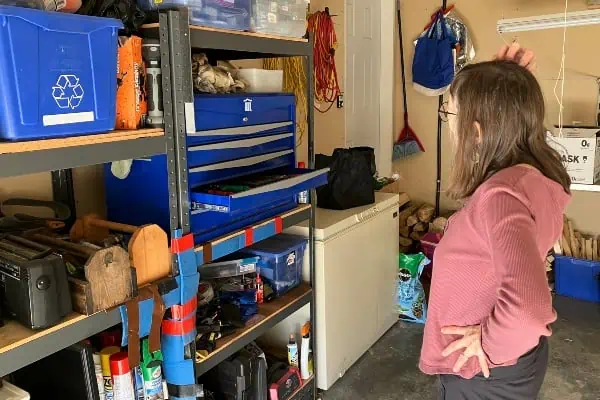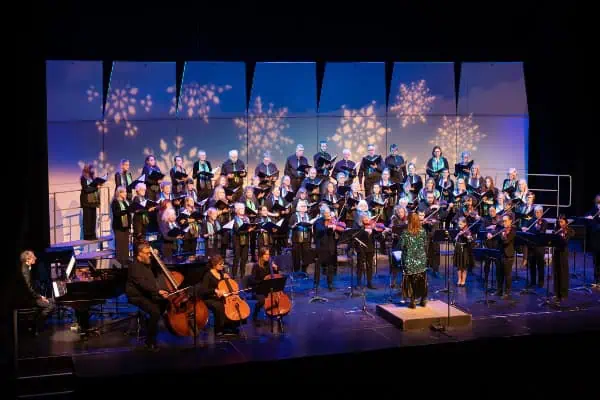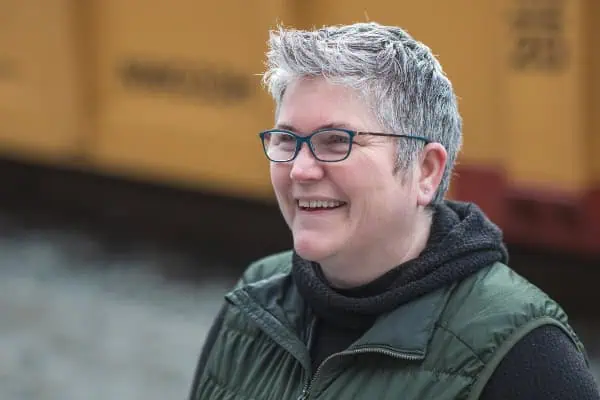People who enjoy sharing music files with friends don’t need to change their habits, says guitarist and songwriter Bill Henderson in a lead-up interview to his talk at the BreakOut West conference in Whitehorse this Friday.
Henderson will present a talk on behalf of the Songwriters Association of Canada (SAC) that addresses the need not for people to change their behaviour, but for a consistent way for musicians and songwriters to get paid when music is shared.
It’s an excellent topic for BreakOut West, which hosts more than 50 musical acts and their appreciative audiences.
Among the range of musical tastes, it’s probably safe to guess that every performer and attendee has enjoyed sharing music recordings with friends.
Peer-to-peer sharing is when you send a file to your pal, not when you purchase an mp3 from iTunes or when you stream audio from a website.
In Canada, part of the challenge is how to create a legal way to share music files. Think about it – if you have a favourite song that you keep playing on YouTube, how would you go about sending a payment to the songwriter who penned it?
The Songwriters Association of Canada, like many organizations and individuals, wants to sort out this glitch.
The talk Henderson presents is called “Monetizing Music File Sharing – What does the future hold?”
Henderson has been thinking about songwriting from many angles since the 1970s. His most longstanding claim to fame is as lyrics-god for the band Chilliwack.
“My Girl” (1981) and “Whatcha Gonna Do When I’m Gone” (1982) are still requested at festivals across Canada, and Rolling Stone once said that he was “outwriting Burton Cummings” at his best.
In 1989 he went on to form the band UHF, with Shari Ulrich and Roy Forbes.
Henderson has been a board member of the Society of Composers, Authors and Music Publishers of Canada (SOCAN) for 22 years, as well as serving on the SAC board.
In fact, it was on the SOCAN board that Henderson first hashed out his opinions on how music can be shared fairly between people and musicians – not between businesses and musicians.
The free downloading site Napster, which saw massive traffic in the late 1990s. triggered the conversation. Henderson says his first thought was to sue the people doing it.
“The reason for that was because in the SOCAN paradigm, it’s always been business to business and not business to consumers. We collect money for use of our songs on radio, television, MUZAK services, the airlines … and so on.
“We didn’t go to individuals, we went to businesses, and some of them can be ruthless,” he says.
“But then it became clear that this was a whole other thing entirely. We spent a lot of time discussing it, especially at the Songwriters Association. Soon it became obvious that it wasn’t going away.”
Consumers are now entirely familiar with how songs can be transferred from person to person electronically, but working as a professional songwriter during that transition was a concern for many SAC members.
“It used to be if you shared, there weren’t more copies, they were just moving around a bit. Now it was as soon as someone had your CD, that CD could create a file that could go to a million people. So this was something very different, and a great way to no longer have a career.”
One of the SAC’s suggestions is to work with Internet Service Providers (ISPs) to set up a fee that allows a certain amount of downloading per month.
“[If you’re someone who says] this is what I love doing, I love sharing my music with other people and they share it with me – I can just keep right on doin’ it.
“I can download anything I want, whenever I want, make any number of copies I want, play it on any platform I want, and it wouldn’t have a lock on it,” Henderson says.
“No behaviour change, everything stays the same, except you just pay a fee.”
Another business detail that Internet file sharing creates is that ISPs can save, or make, money by encouraging users to stay within their system, he explains.
ISPs have to pay for bandwidth when they communicate with systems outside their own.
“So the value of this deal is that for the most part there’s probably 200,000 titles that get most of the traffic.
“All they have to do is load up their servers with nice versions of those 200,000 titles and anytime someone within their system asks for a title that’s on their server, they’re not paying for bandwidth and it saves them a whole tonne of dough,” he says.
“This would make a huge difference to them once it becomes legit, and there’s a way to pay. Then they can load up their servers; they’re not becoming parties to a criminal act or anything like that – just making it easier.”
Flexibility of this nature is needed to allow music-lovers the ability to share music easily and legally.
Sharing on social media websites, and between mobile devices, is increasingly sophisticated. The ability to share music files and playlists is becoming a must-have.
And among all the enthusiasm, songwriters should receive payment.
“The most important thing is that people do appreciate that someone spent their life learning how to do this, how to create this thing that you love.
“And of course you love it, it’s a creation. They put their life into that and nobody paid them to do that – they only get paid when it’s used.
“It’s important for people to understand how our business works, otherwise they think you’re ripping them off.”
At a retro café, if a working jukebox is in the room it’s not too hard to get in the mood to plug in some quarters to get a song humming.
Maybe the Internet can morph into a worldwide jukebox, with affordably-priced play purchases. It would share the pleasure with the listeners and the profits with the musicians who make the magic.
Henderson, who has been based on Saltspring Island for 18 years now, converses on the subject of peer-to-peer music file sharing with humour and knowledge. He presents the SAC proposal starting on Friday at 1:10 pm, followed by a question period.
Meg Walker is a writer and visual artist living in Dawson City.




